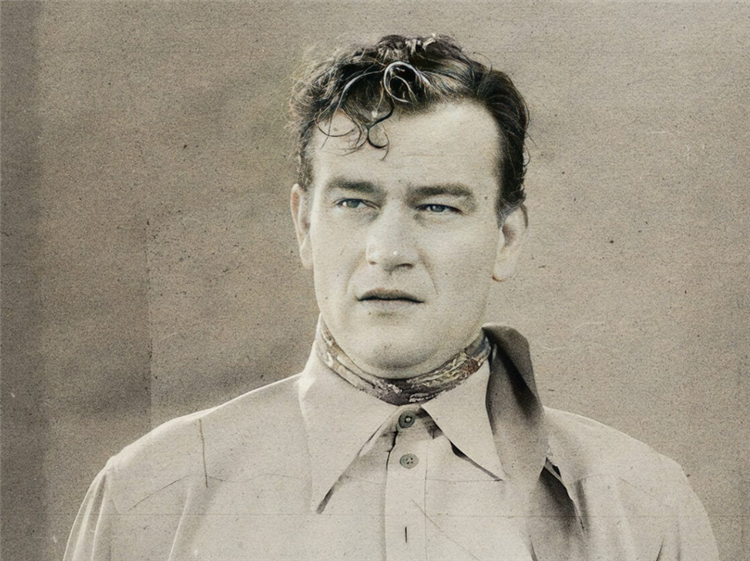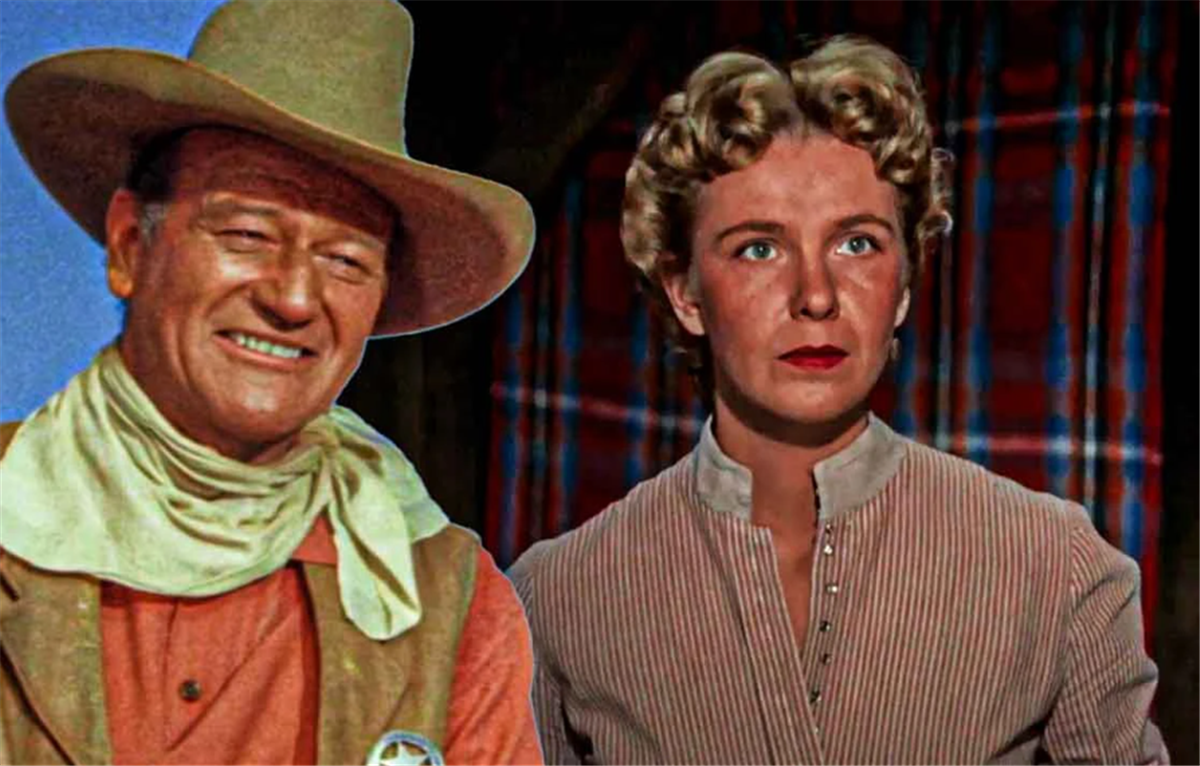For better or worse, a great deal of John Wayne‘s pride came from his desire to be the manliest of men, meaning that humiliation was a feeling he was never familiar with during the peak of his career. However, long before he became one of Hollywood’s biggest stars, he was forced to swallow his pride and embrace professional indignity.
Even though he’d already become a friend and apprentice of John Ford by this point, the late 1920s and early 1930s saw Wayne struggle to make his mark in Hollywood. Largely relegated to uncredited background roles and bit-parts, his first time taking top billing in Raoul Walsh’s 1930 flop The Big Trail had ‘The Duke’ concerned for his long-term prospects.
Running afoul of studio head Harry Cohn almost ended his career before it even had the chance to get started, too, with the Columbia chief becoming infuriated when the charming Wayne was seen talking to a young actress that he was attracted to.

According to Pilar Wayne and Alex Thorleifson’s book John Wayne: My Life with the Duke, after being told by Cohn to “keep your goddamn fly buttoned on my studio”, he set out to sabotage Wayne’s livelihood by relegating him to lower-level productions, which led to what the future box office titan viewed as the biggest slap in the face he’d ever suffer on-screen.
Understandably, 1931 proved to be the final year Wayne served under Cohn at Columbia Pictures, with none of his three credits that year setting the world alight. Drama Maker of Men and western The Range Feud saw him lend support, but The Deceiver marked the lowest of lows.
In director Louis Code’s mystery, Ian Keith – who had coincidentally co-starred with Wayne in The Big Trail – plays an actor murdered in his dressing room, which sets the central whodunit into motion. Keith’s schedule didn’t allow him the time to spend his days lying around on set as a dead body, which is where Wayne was drafted in.

The star wasn’t even listed as part of the cast, with his contributions limited to being the stand-in for Keith’s corpse. Essentially, it was Wayne playing the part of Keith, who was himself inhabiting the role of the deceased Reginald Thorpe, reducing him to the stand-in of the performer who wasn’t around to play their own dead body.
Allen Eyles’ John Wayne had its subject name, The Deceiver, as “humiliating”, and with good reason. On the plus side, once he’d wrapped up his commitments to Columbia, it was onto pastures new, a change of scenery that would eventually see ‘The Duke’ go down in history as one of the most iconic talents to ever grace the silver screen.
Wayne may have been less than half a decade into his career at that stage, but he knew being reduced to the body double for a dead guy was a sign he would never be allowed to succeed at Columbia.
